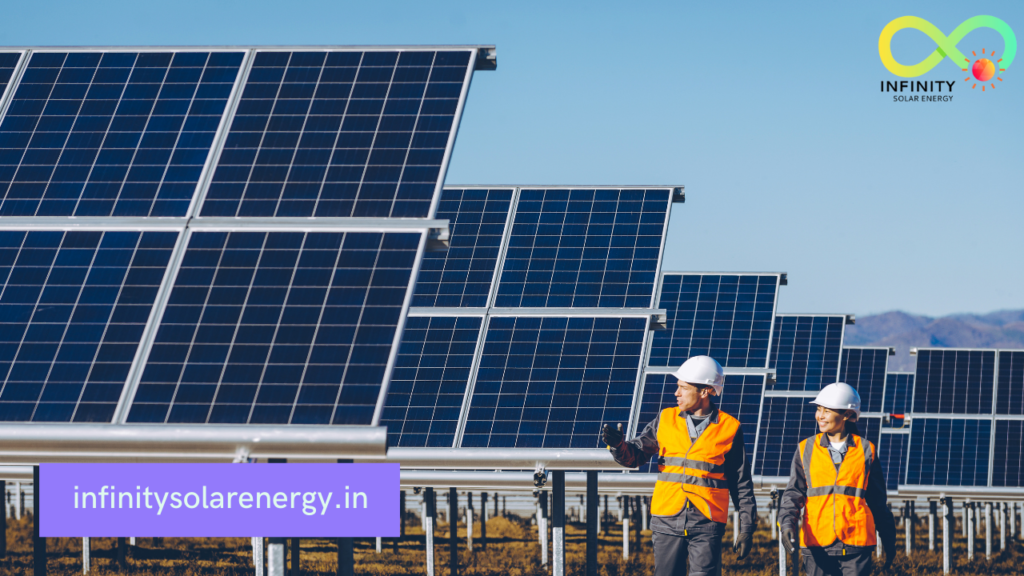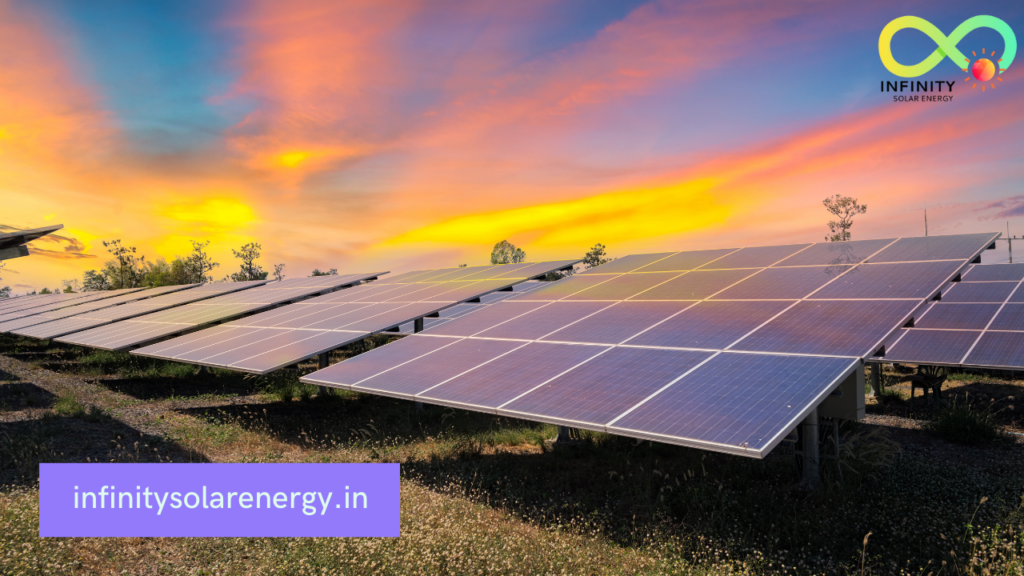Things to consider when installing solar on rooftop || Infinity solar energy
Rooftop solar systems are expensive but are the future of renewable energy. However, be prepared to spend a little extra money on the installation. There are several factors you need to consider when planning to install solar on your rooftop. We are listing the most important ones. 1. HVAC requirements An energy efficient home or commercial building requires adequate air conditioning for optimum comfort and performance. The HVAC system requires energy to operate, and so it must be comfortable and efficient.
Solar energy may be used in the future, when energy bills become expensive, but during this period you can save enough for the installation of the solar system. 2. Roof space availability On most buildings, the rooftop space is at a premium and too small for a standard solar system.
The cost of solar on rooftop
The residential sector has witnessed a sharp drop in solar prices of the last few years, falling from over Rs. 20,000 per unit to Rs. 5-7. These prices have been falling because of economies of scale and the steady decline in the cost of solar equipment. It is estimated that the price of solar panels has fallen about three times since 2010. It is possible to get a 5 kW solar system for under Rs. 40,000. The financial incentive,
The finance segment of the solar market is undergoing a major shift, and this is having a direct impact on the cost of setting up a solar power system at home. Unlike in the past, when it was a cost-plus affair, now there is the advantage of getting the whole project financed by banks. These have reduced the financing cost to a fraction of the equipment cost.
Which technology should I install? || solar on rooftop

The choice of the solar panels and the solar inverters largely depends on the type of roof in the place of your home. 4,000 Vbq roof (>50% roof area is under 6 kW) Solar system of this size requires a long term maintenance and management plan. Especially, the grid connection and wiring have to be considered and proper insulation required. In sunny areas, solar panels must be positioned close to the sun to absorb maximum solar energy and also provide the necessary exposure to the panels to follow the sun’s path.
However, in more humid or cloudy areas, the recommended positioning of panels can be adjusted depending on the variation of incoming sunlight.
The Advantages of Micro-inverters || solar on rooftop
Micro-inverters are a smart way of using inverters without investing in high-value inverters. They do away with the cumbersome and expensive inverter installation as micro-inverters have auto-adjustability and reset features to maintain balance in generation and demand. Micro-inverters are small and lightweight and are the perfect size for rooftop systems. Micro-inverters consume less power but have the power to control voltage, which is even more important for the Rooftop Solar On The Go (ROSOTG) method.
Micro-inverters also possess battery backup in case the grid goes out and will provide continuous power for the consumer, unlike string inverters, which will only give 120v or 240v when connected to grid power.
Other factors to consider when installing solar on rooftop
You need to consider other aspects, such as a clear outlook on the roof top, the season you install it, compatibility with other systems (systems with batteries and batteries with central inverters), and also the available space of the roof. What’s the benefit of installing solar? Solar energy helps reduce reliance on traditional sources of electricity, which account for over 50% of the total power generation in the country.
Energy produced from solar panels can either be used by homeowners in a few ways – for domestic use, it can be directly used by water heater or a television, or it can be stored in a battery for future use. A growing list of benefits of installing solar panels is on offer for homeowners.
Conclusion || solar on rooftop
Offering solar energy is a great solution for households with limited budget, especially the elderly or otherwise economically weaker section. The cost of installation is relatively low and as the cost of solar modules has declined over the years, the cost of solar energy is much less expensive than the traditional energy source. Solar energy comes at no additional cost as it is free of heavy fossil fuel inputs. It also does not cause additional generation of harmful emissions. As a relatively recent phenomenon, the market is still expanding.

